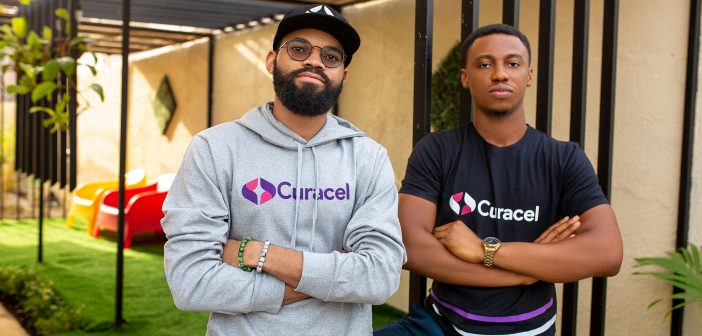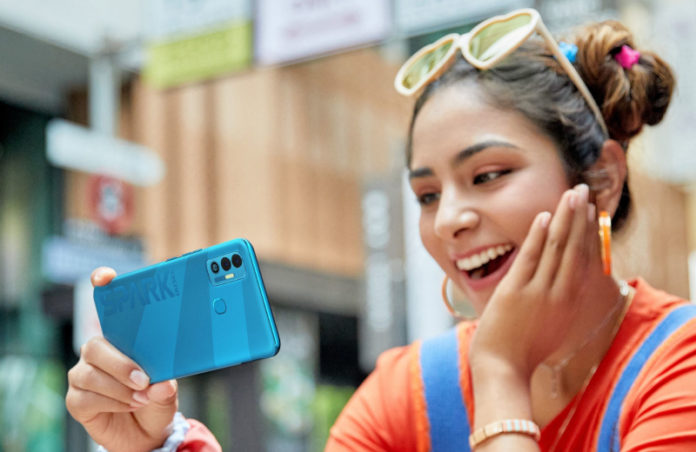Ronald Tagoe is helping businesses automate customer engagement with ChatBots Africa

Chatbots—artificial intelligence (AI) systems that enable customer engagement via SMS, speech, or chat applications like Facebook Messenger and WhatsApp—are becoming a popular way for businesses to interact with their customers.
While chatbots are not widely used by businesses in Africa at the moment, a number of African startups are working to expand this AI use case. ChatBots Africa, a Ghana-based startup that uses social chatbots to help small businesses automate customer interactions and sales channels, is one example.
ChatBots, founded by CEO Ronald Tagoe and launched in January of this year, provides businesses with AI-powered conversational bots to interact with their customers through WhatsApp.
With WhatsApp being the most popular instant messaging app in Africa, with billions of users, ChatBots Africa’s solution enables businesses to personally engage with people at scale on a platform where they already spend a lot of time.
“Our solution enables clients to hold real-time conversations with customers, build brand credibility, and boost engagement in a way that drives sales and improves business efficiency,” Tagoe explained in an interview with TechCabal. “Chatbots work around the clock to assist online visitors even when customer service personnel are unavailable.”
Tagoe co-founded mNotify, a communications company that provides SMS and voice technology services to corporate organizations, before launching Chatbots Africa. He has a master’s degree in computer science from the University of Leicester.
“My passion for artificial intelligence and social commerce adaptation in Africa inspired the creation of Chatbots Africa,” Tagoe explained. “The goal is to enable African SMEs to increase revenue and improve customer engagement through the use of AI and chatbots.”
ChatBots Africa currently has eight active clients and ten bots in Ghana and Kenya that are ready to go live.
Tagoe has so far bootstrapped the startup, with plans to raise a seed round before the third quarter of 2022, as well as grow a team of six full-time employees and seven part-time sales employees. “We’re also applying for accelerator and funding programs right now,” he said.
In Africa, we are championing enterprise AI
By 2030, AI is expected to add more than $15 trillion to the global economy. Much of this value will be realized in advanced economies such as the United States and the United Kingdom, with only a few African countries currently adopting the technology.
The scarcity of skills required to design, develop, and maintain AI-enabled systems is a major impediment to their widespread adoption on the continent.
However, Tagoe points out that this is not a problem with the ChatBots Africa platform, which he describes as being designed for all levels of experience, from complete novice to advanced user.
“Chatbots are mostly no-code or low-code tools, with low barriers to entry or adoption,” he explained. “You don’t need any coding skills to get results with our platform.” It also includes step-by-step video training.”
Still, the startup has found it difficult to drive adoption, which Tagoe attributes to the fact that most SMEs are unaware of the potential impact chatbot solutions can have on their businesses.
Tagoe sees Chatbots Africa as a long-term champion of AI bot adaptation for enterprise use cases in Africa.
For example, the platform can be customized to sync with other tools used for day-to-day business tasks, such as sales and marketing, in addition to connecting with clients via WhatsApp. Bots can add new information to company spreadsheets and even ping customers with reminders and alerts if they abandon their shopping carts.
“Essentially,” Tagoe explained, “we provide a more personalized and conversational approach to customer engagement.” “However, our platform also integrates with a variety of business apps, making its use seamless and convenient.”
According to him, it is in the best interests of African businesses to embrace automation of their customer engagements and repetitive tasks.
“Consumers should also feel at ease interacting with bots and trust that their queries will be addressed as soon as possible,” he added.







